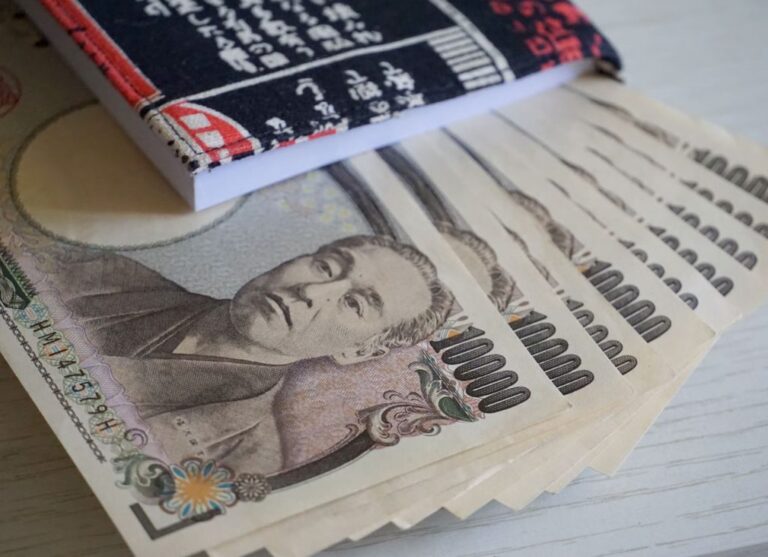
Morning Brief – 501. V2
Having begun its program only a week ago, the plug has been pulled on South Africa’s immediate immunisation through vaccination plan. The first doses of the Oxford-AstraZeneca coronavirus vaccine entered South Africa last week, greeted at the airport by the President and ministerial officials who hailed the delivery as a milestone in South Africa’s fight back against the virus. The vaccination program was immediately over thrown and suspended following a research publication from Witwatersrand university showing little to no protection against mild and moderate forms of the 501. V2 variant. This catchily named strain of the novel coronavirus is what is frequently referred to across the globe as the South African variant. It accounts for some 80% of all new cases in South Africa. The disappointing test results that revealed the Oxford-AstraZeneca vaccine was all but useless against mild and moderate forms of infection rendered the program dead in the water.
Over the last few months as vaccines have gained rapid regulatory approval across the globe, the strength of a nation’s inoculation program has been a significant determinant of its currency. It is unsurprising therefore that the publication of this downbeat medical research and the setback to South Africa’s vaccination program led the Rand to weaken. What is perhaps more surprising is that the sell-off was limited as the USDZAR pair encountered strong resistance at 15 Rand to the Dollar and even ended up closing yesterday’s trade with the Rand up on the day. A bout of USD selling pressure in the New York session last night showed therefore that the vaccination setback will not yet be the most significant driver of the South African currency.
There are other vaccines, notably including the single dose Johnson & Johnson vaccine that have demonstrated they are capable of producing immune responses against the South African coronavirus variant. The Witwatersrand study notably also did not observe immune responses against severe cases of the coronavirus. There are still options left therefore meaning that South African’s vaccination program is down, but not yet out. It is this hope that has limited selling pressure on global currency markets so far.
With warnings regarding South Africa’s public finances and fiscal outlook still echoing in the ears of the markets following admonitions from President Cyril Ramaphosa last week, this setback to the vaccination program could have further implications for the Rand. For now, incidences of new infection following a spike over the New Year remain under control, limiting the forecasted economic impact of the virus and thus the significance of the setback to the vaccination program. South Africa’s Rand will likely be increasingly vulnerable to rising infection rates so long as markets are wary of the setback to the vaccination program and shrinking fiscal headroom.
Discussion and Analysis by Charles Porter

Click Here to Subscribe to the SGM-FX Newsletter
Related Insights

Morning Brief – Japanese Yen
Japanese Yen With JPY at a new 34 year low versus EUR, the market is set for an ambush by the Bank of Japan if it acts today at the end of their Policy Meeting to support the Yen. The reason that the market is susceptible is because it has convinced itself that the BoJ […]

Morning Brief – Coalition
Coalition This briefing is about South Africa and the Rand, which frequently proves to be one of the more divisive subjects within our roster of currencies. In particular, with the election looming, this will be about South African governance. Not from a political or human perspective about what may be the best long term outcome […]

Morning Brief – US Tariffs on Chinese Imports
US Tariffs on Chinese Imports Recently we wrote about how Mexico has become the Number One trade partner for the USA. It now transpires that Mexico may have had what is known as a little assist with their numbers: the statistics for the number of 20 foot shipping containers for the first three Quarters of […]



 Humphrey Percy
Humphrey Percy Charles Porter
Charles Porter